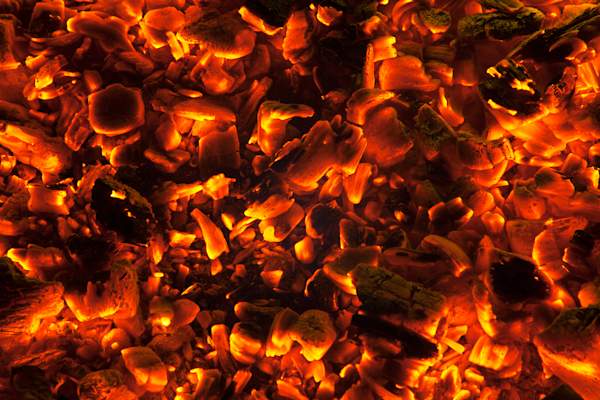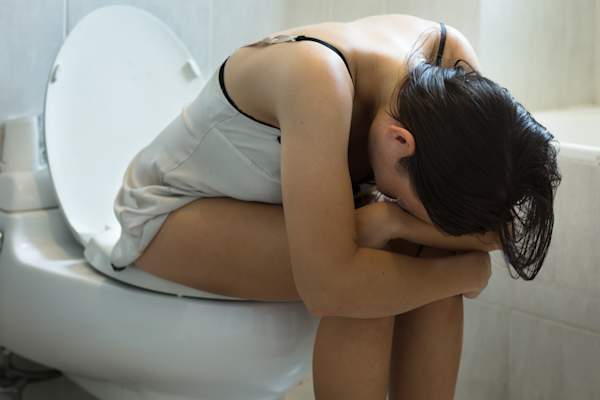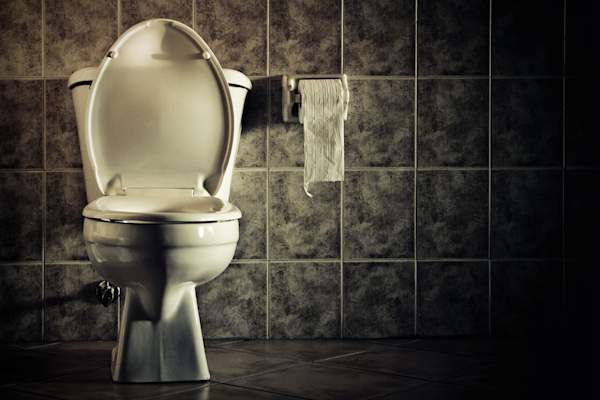What Are the Common Symptoms of Vaginal Atrophy?

阴道吗?检查。50岁以上?检查。那你要么规律eady have, or soon enough will, experience menopause. This also puts you at risk for developing vaginal atrophy (VA), also called genitourinary syndrome of menopause (GSM), a condition where the walls of the vagina get thinner and drier from the natural loss of estrogen. Though not as well-known as other things brought on by menopause—like hot flashes or night sweats—it’s estimated that over half of all post-menopausal women have VA. But what symptoms should you look out for in this condition? We have the details.

Pain During Sex
This symptom can happen for several reasons: One of the first and most common signs of VA is decreased lubrication during sex, says Heather Hirsch, M.D., a physician at the Brigham and Women’s Hospital Menopause & Midlife Clinic in Boston. This loss of moisture can lead to friction during sexual activity. (Ouch!) The vagina also shortens and narrows due to the lack of estrogen, which can make penetration uncomfortable and sex just… hurt.

Vaginal Dryness Even When You AREN’T Having Sex
But you don’t have to be sexually active to experience a dry, painful vagina. “I always say [to patients], it could affect a nun,” says Dr. Hirsch. Regardless of your level of sexual activity, during middle-age, women stop producing as much estrogen, a sex hormone responsible for maintaining vaginal tissue. As blood flow to the pelvic area decreases, it reduces the amount of moisture available and can leave the genital area feeling dry.

Itchiness or Burning Sensations in the Vagina
Just as dry skin on other parts of your body can be uncomfortable, this vaginal dryness can lead to our next symptom: an itching or burning sensation in the pubic area. Estrogen loss also causes the vaginal tissue to thin, which makes it more easily irritated by tight clothing and strong perfumes in soaps, lotions, and other personal-care products. If itchiness and irritation don’t go away or they worsen, talk with your health care provider about possible solutions.

Discomfort When You’re Active
Women with VA also might notice pain with daily activities like biking riding, running, or jogging, says Mary Jane Minkin, M.D., a gynecologist at the Yale School of Medicine in New Haven, CT. “Anything that is pulling on the vaginal tissues can give you discomfort,” she says. Routine actions like sitting, standing, and even wiping after peeing can also be uncomfortable, adds Dr. Hirsch.

New Type of Vaginal Discharge
Changes in bacteria and the PH of the vagina can lead to abnormal vaginal discharge. If your discharge appears watery and is more yellow or grey in color, this could also be a sign of VA. But abnormal discharge can also result from infections, so make sure you check with your health provider. Many women with VA may have no discharge at all, says Dr. Hirsch, because tissues are drier.

Frequent Urinary Tract Infections
Estrogen helps maintain healthy environment in the vagina which keeps “bad” bacteria in check. But after menopause, that balance can change. At the same time, “the tissue lining the bladder gets thinner and more delicate,” says Dr. Minkin, making it easier for bacteria, yeast, and other organisms to invade the urinary tract and cause infections. If you are making frequent trips to the urologist, there might be an underlying cause, she says: loss of estrogen.

Urine Leakage
Estrogen loss not only impacts vaginal tissue, it can also affect the urinary system. “A lot of women will just exclusively get urinary symptoms, without having dryness symptoms per se,” Dr. Minkin says. As women age, the pelvic muscles weaken and the tissue that lines the urethra—the tube that moves urine from the bladder to outside the body—thins. This makes it harder to control the bladder, and women might find they unintentionally pee themselves during activities like coughing, sneezing, laughing, or exercising.

Peeing More at Night
Lower estrogen levels can weaken the bladder, leading to more trips to the restroom. A nagging bladder can also get you out of bed multiple times at night, a condition known as nocturia. Because of decreased muscle control in the urinary tract and pelvic area, you may often feel a sudden urge to pee, leaving you beelining for the bathroom.
Menopause and VA:The North American Menopause Society. (2020). “Vaginal Discomfort.”menopause.org/for-women/sexual-health-menopause-online/causes-of-sexual-problems/vaginal-discomfort
VA Overview:Mayo Clinic. (2020). “Vaginal Atrophy.”mayoclinic.org/diseases-conditions/vaginal-atrophy/symptoms-causes/syc-20352288
VA Symptoms:Contemporary OB-GYN. (2018). “Genitourinary syndrome of menopause: Underdiagnosed and undertreated.”contemporaryobgyn.net/view/genitourinary-syndrome-menopause-underdiagnosed-and-undertreated
VA对临床的影响:International Journal of Women’s Health. (2018). “Current treatment options for postmenopausal vaginal atrophy.”ncbi.nlm.nih.gov/pmc/articles/PMC6074805/
